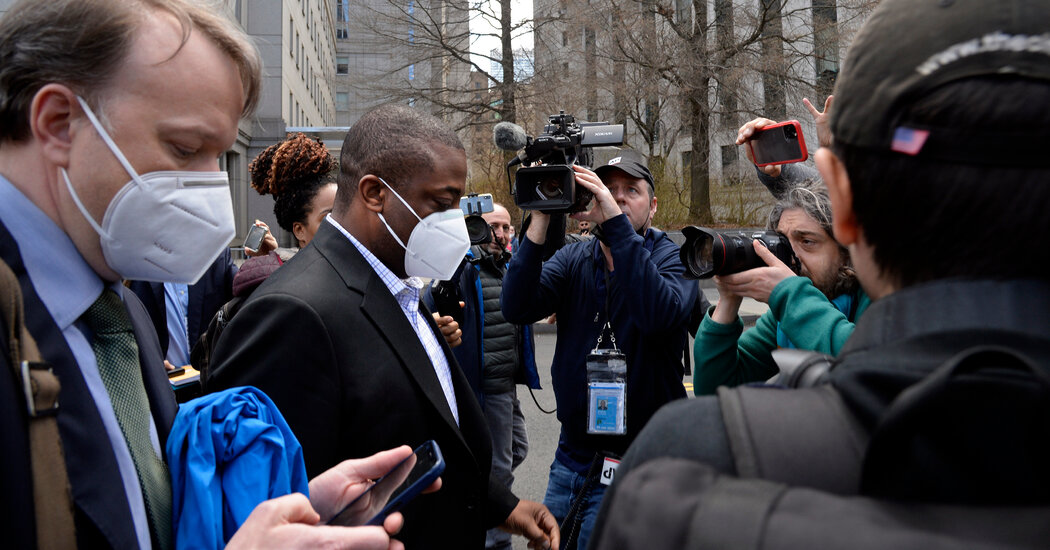
Ms. Hochul can select a new lieutenant governor in the coming weeks, but it will be far more difficult to replace Mr. Benjamin on the Democratic primary ballot in June. Because he was designated as the Democratic Party’s nominee for lieutenant governor, election rules stipulate that his name can only be removed at this point if he were to move out of the state, die or seek another office.
Mr. Benjamin said last week that he had been cooperating with investigators, after news outlets, including The New York Times, reported details of the investigation. Accompanied by his lawyers, he met with prosecutors last week, according to a person who was briefed on the meeting and not authorized to discuss it, and his top aides were privately reassuring allies that he expected to be cleared of any wrongdoing.
Lawyers for Mr. Benjamin, James D. Gatta and William J. Harrington, said in a statement that their client was resigning and suspending his campaign to “focus his energies on explaining in court why his actions were laudable, not criminal.”
They said that there was “nothing inappropriate” about the $50,000 grant, and that Mr. Benjamin “looks forward to when this case is finished so he can rededicate himself to public service.”
Mr. Williams — who announced the charges with Michael J. Driscoll, the assistant director in charge of the New York F.B.I. office, and Jocelyn E. Strauber, the commissioner of the city’s Department of Investigation — laid out the details of the indictment. It accused Mr. Benjamin of bribing Mr. Migdol to help secure small contributions for his comptroller race that could be used to obtain tens of thousands of dollars in public matching funds through a city program.
Prosecutors said Mr. Benjamin had first approached Mr. Migdol for help in March 2019, months before announcing a campaign for comptroller. In a meeting at Mr. Migdol’s home, prosecutors said, the developer told Mr. Benjamin that he was wary of pressuring his network of donors to give beyond what they already contributed to his charity, Friends of Public School Harlem, a group that organized giveaways of school supplies and groceries to needy families.
“Let me see what I can do,” Mr. Benjamin replied, according to the indictment.
In the months that followed, prosecutors said, Mr. Benjamin used his State Senate office to secure a $50,000 taxpayer-funded education grant for the charity that Mr. Migdol never requested, and used it as leverage to press Mr. Migdol to gather contributions.




